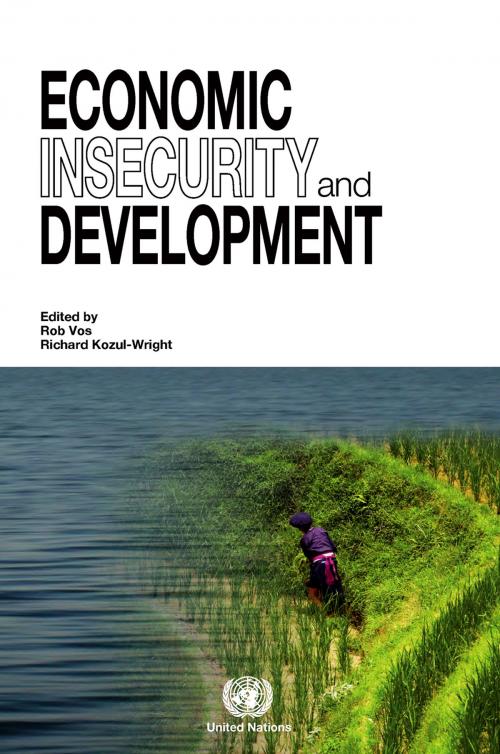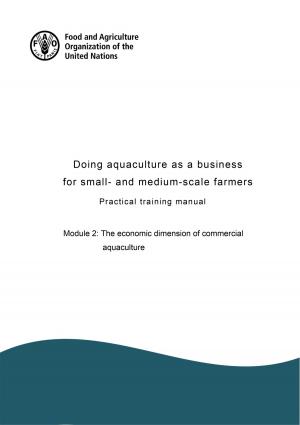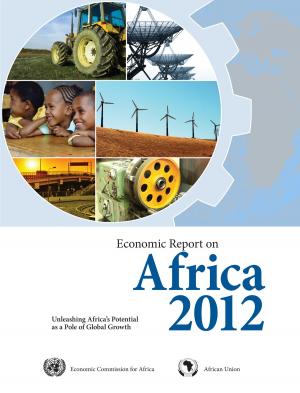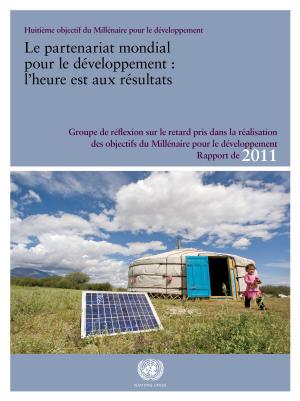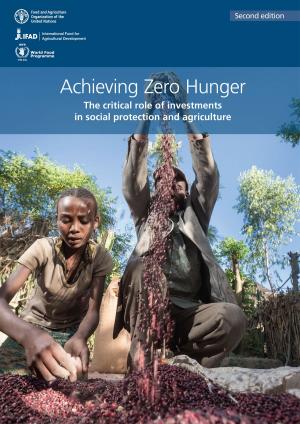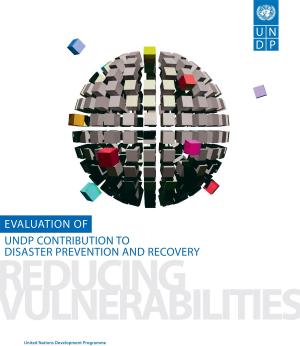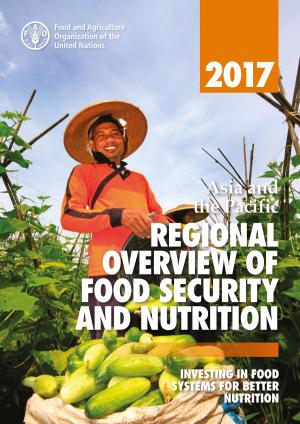| Author: | United Nations | ISBN: | 9789210545884 |
| Publisher: | United Nations | Publication: | February 10, 2012 |
| Imprint: | Language: | English |
| Author: | United Nations |
| ISBN: | 9789210545884 |
| Publisher: | United Nations |
| Publication: | February 10, 2012 |
| Imprint: | |
| Language: | English |
A growing sense of increased economic insecurity has emerged worldwide. Though many parts of the world have seen increasing prosperity in recent decades, economic progress has been accompanied by highly volatile markets, rising inequality, greater job insecurity, and weakening or non-existent social protection. Day-to-day concerns about income security have been compounded by new global threats. Climate change and increasingly destructive natural disasters are affecting economic livelihoods of many, especially in the developing world. The global financial crisis revealed the potentially devastating risks of inadequately regulated markets. Until recently, these heightened economic risks have often been met with the response that the forces behind them are autonomous and irresistible, beyond our collective political control. This book argues that such complacency is the wrong response to increasing levels of economic insecurity. Instead, it calls for more active and integrated policy responses to help communities better manage these new risks, to mitigate their downside risks and ideally to prevent them ever becoming a serious threat in the first place.
A growing sense of increased economic insecurity has emerged worldwide. Though many parts of the world have seen increasing prosperity in recent decades, economic progress has been accompanied by highly volatile markets, rising inequality, greater job insecurity, and weakening or non-existent social protection. Day-to-day concerns about income security have been compounded by new global threats. Climate change and increasingly destructive natural disasters are affecting economic livelihoods of many, especially in the developing world. The global financial crisis revealed the potentially devastating risks of inadequately regulated markets. Until recently, these heightened economic risks have often been met with the response that the forces behind them are autonomous and irresistible, beyond our collective political control. This book argues that such complacency is the wrong response to increasing levels of economic insecurity. Instead, it calls for more active and integrated policy responses to help communities better manage these new risks, to mitigate their downside risks and ideally to prevent them ever becoming a serious threat in the first place.
